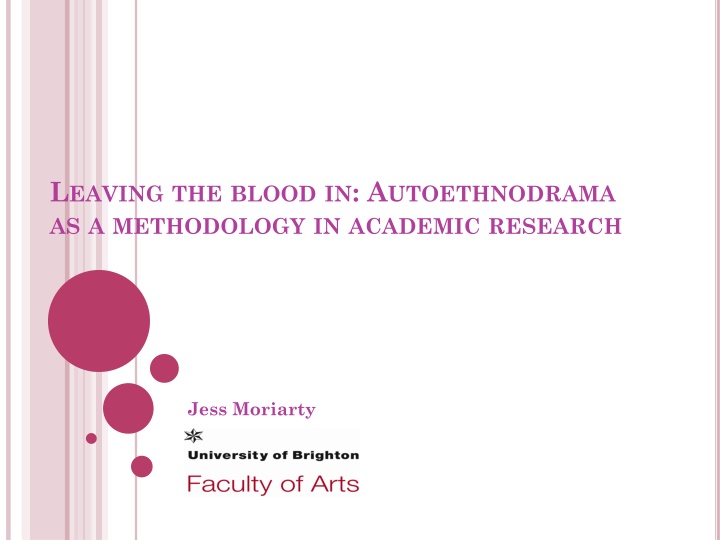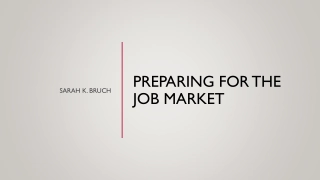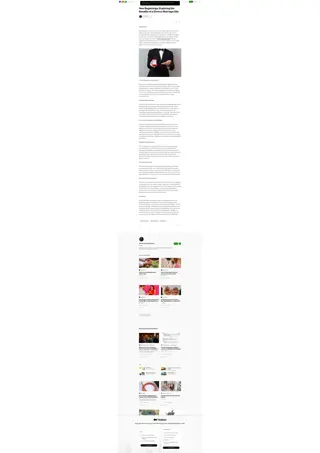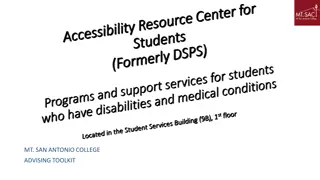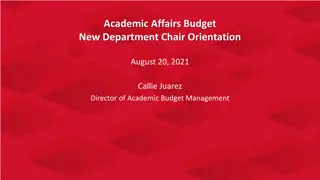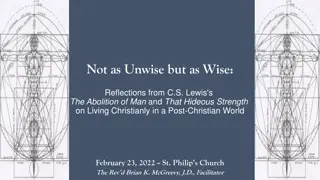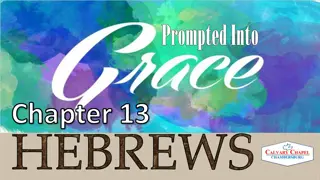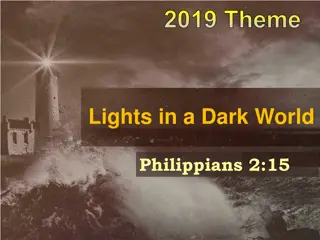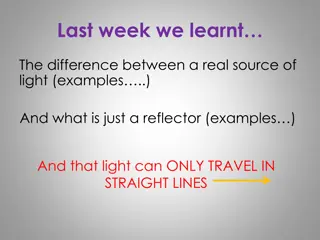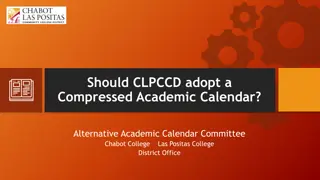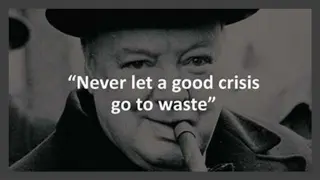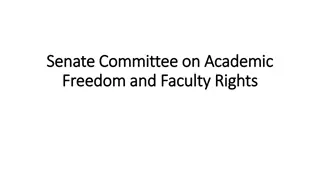Reflections on Autoethnodrama: Navigating Academic Research Challenges
Exploring the complexities of academic life, "Leaving the Blood In: Autoethnodrama as a Methodology in Academic Research" delves into the questioning of traditional academic practices. Through autoethnography, the blend of research, personal narrative, and fiction is highlighted, challenging conventional academic writing norms. The reflection on the fusion of self and research invites a deeper connection to the subjects studied, addressing emotional authenticity in scholarly pursuits.
Download Presentation

Please find below an Image/Link to download the presentation.
The content on the website is provided AS IS for your information and personal use only. It may not be sold, licensed, or shared on other websites without obtaining consent from the author.If you encounter any issues during the download, it is possible that the publisher has removed the file from their server.
You are allowed to download the files provided on this website for personal or commercial use, subject to the condition that they are used lawfully. All files are the property of their respective owners.
The content on the website is provided AS IS for your information and personal use only. It may not be sold, licensed, or shared on other websites without obtaining consent from the author.
E N D
Presentation Transcript
LEAVING THE BLOOD IN: AUTOETHNODRAMA AS A METHODOLOGY IN ACADEMIC RESEARCH Jess Moriarty
BACKGROUND They [academics] started to question why university life had to be that way, why they had to be removed from their work, why only certain forms of discourse counted as knowledge, why they didn't feel more connected to those they studied, why their mind should be split from their body, why they had to keep their emotions in check, why they could not speak from the heart. Pelias, 2004a, p. 11 I thought I could control work but I can t. I can t control ten million e-mails or a four hour meeting about needing another meeting. I can t say when or where a student has a breakdown and ask that they do it in office hours...I think I ve lost sight of where work ends and I begin. She s in there somewhere, the woman he doesn t quite remember. Impact 2011
ACADEMIC WRITING QUOTES WWW.WORKWRITELIVE.COM In one (academic writing) there is still very largely...it s highly controlled fantasy where people have no emotion and where writing is a highly genred and sort of yeah, academic writing is Halal the blood is taken out of it whereas writing (creative writing), the blood is left in. (laughs) Giovanni (Professor) the voice that I use in academic mode, is it mine, or is the voice of my profession, my ought to voice, the voice that I ve been taught to use? The voice I use today, it is my own; I recognise in it myself, the person who is really me. To find again that voice restores to me myself, it makes me whole, it wake me up. Oh that I could reconcile those two voices to be me, myself in every situation . And I suppose that s how I felt. Dee (Senior Lecturer Late Career) I suppose this is a development from your retreat which was really good and it was great to be there but there was a thing about for me about being real erm versus being I don t know being pretend, you have to make so many compromises don t you? Miles (Principal Lecturer Mid Career)
METHODOLOGY: AUTOETHNOGRAPHY ...research, writing, story, and method that connect the autobiographical and personal to the cultural, social, and political. Autoethnographic forms feature concrete action, emotion, embodiment, self-consciousness, and introspection portrayed in dialogue, scenes, characterization, and plot. Thus, autoethnography claims the conventions of literary writing. Ellis, 2004, p. Xix
FICTION AS A TOOL IN ACADEMIC WRITING The use of fiction, which should not be regarded as synonymous with falsehood, arguably facilitates telling tales in a dramatic and enjoyable way. It is also a useful way of writing the self , so that the researcher and the researched become one and the same. Writing the self means using fiction and other literary tools to both construct and clarify the person being written about the researcher and the researched. Grant, 2010b, p. 1 the constructive process is inspired by partial happenings, fragmented memories, echoes of conversations, whispers in corridors, fleeting glimpses of myriad reflections seen through broken glass, and multiple layers of fiction and narrative imaginings .In the end, the story simply asks for your consideration. Sparkes, 2007, p.522
ANALYTICAL AUTOETHNODRAMA FEATURES OF Autoethnodramas exist on the borderlands of conventional qualitative research and offer spaces where rhetoric, politics, parody, pastiche, performance, ethnography, and critical cultural studies come together Conquergood, 1998 1. 2. 3. 4. 5. Complete member research status Analytical reflexivity Narrative visibility of the researcher s self Dialogue with informants beyond the self, and Commitment to theoretical analysis. Anderson, 2006, 1. 2. 3. It must be faithful to the author s experience It must transform the author through self-explanation It must inform the reader of an experience he or she may never have endured or would be unlikely to endure in the future, or of an experience he or she may have endured in the past or is likely to in the future, but has been unable to share the experience with his or her community of scholars and practitioners. Morrow, 2005
SPEAKING FROM THE HEAD AND HEART The world is not tired. Our reactions to the world are not tired. What becomes tired is the daily habitude of our descriptions of that world. The artist exists only to externalise what we all do internally anyway. By making the descriptions new, we do not create alternative worlds. We remind people of the breathtaking beauty of the original. Hare, 2005 Scholarship that doesn t break your heart just isn t worth doing anymore. Behar, 1996
THANK YOU Questions? Further correspondence jsm@brighton.ac.uk
